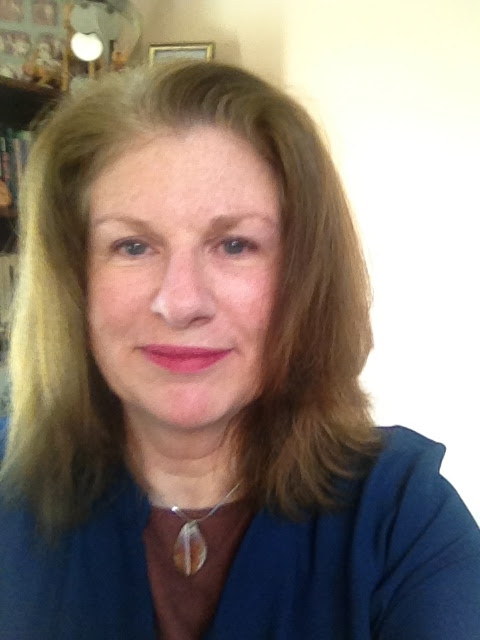CHLP Executive Director Catherine Hanssens Interviewed in NYC AIDS Memorial Newsletter (2014)


Tell us a little about your history with the epidemic.
I became aware of AIDS while in Boston in law school, with the news coverage of the CDC June 1981 report. I don't recall exactly when or how we talked about it; I was in school with Urvashi Vaid and Richard Burns; Kevin Cathcart was a year ahead of us, but we all hung out together and discussions (fights) about gay politics was routine. I began my legal career in prisoner rights litigation. One of the first things I discovered was the horrible plight of people with AIDS behind bars. It was beyond belief: the lack of medical care, the fear and callousness. The ignorance about AIDS manifested itself in multiple ways in prison. In Bergen County, one of the richest in the U.S., I found four men, all quite sick, confined in a single small cell with no hot water and no working toilet. They had AIDS. The guards would slide their food under the gate; they wore protective clothing when transporting them and insisted that all the records that accompanied them be marked with a big red "A". The living restrictions on state prisoners with AIDS was identical to that of death row prisoners in virtually every respect. No matter what a prisoner's offense or classification level, in NJ they all wound up in maximum security and were treated like lepers. AIDS was the "great equalizer." I eventually sued the entire New Jersey state prison system for its broad mistreatment of prisoners with AIDS - the segregation, exclusion from work release, educational and trade programs.
Later I worked at the AIDS Law Project in PA and then was AIDS Project Director at Lambda for 8 years before launching The Center for HIV Law and Policy.
Why did you found The Center?
It was the product of my thinking what we could be doing if we were pooling and sharing hard-won legal expertise and resources, working and networking together, and a lot of head-scratching about all the things we weren't doing, all the competition rather than collaboration when there were relatively so few lawyers in this field. Today, with legal service programs under siege, most states lack even one dedicated attorney to represent people with HIV, and serving as a back-up and resource center just isn't part of the mission of larger groups like Lambda or the ACLU, who focus rightfully and skillfully on impact litigation. The Center is a place where attorneys and other advocates representing people with HIV can benefit from everything we learned representing people with HIV, including thousands of materials that address all sorts of issues and strategies, as well as state-of-the-art knowledge from science, primarily relating to the routes, relative risks and consequences of HIV transmission. No one should have to go it alone or reinvent the wheel to justly, humanely and successfully represent someone being discriminated against because of their HIV status.


What are the most pressing legal needs facing people living with HIV today?


People with HIV continue to face discrimination in employment and housing, based on stigma-induced ignorance, but one of the most pressing issues we face today is the way people with HIV are treated by the criminal justice system, from arrest to incarceration and from work release to parole. If you want to truly understand the lives of marginalized people with HIV, you have to look at the institutions where they disproportionately are ensnared. I co-authored a report released in May 2014 called "A Roadmap for Change: Federal Policy Recommendations for Addressing the Criminalization of LGBT People and People with HIV" that documents how LGBT people and people living with HIV face sweeping discrimination at all stages of the criminal legal system-including policing, adjudication and incarceration. The report also outlines what the federal government can do to show leadership on policies that perpetuate and accommodate stigma. For example, the US armed forces still do not allow people with HIV to enlist, and limit career opportunities for those who seroconvert after enlistment. The reasons for so many of these restrictions are utterly irrational and uninformed by current science, yet they persist.


What interests you about NYCAM's mission? 


My first thought is that it's about time. People so easily forget or re-write history. It's important that what happened be documented, recorded. There are so many people in the course of this epidemic for whom monuments could be built but never will. They are not well-known people. They're invisible, living and dead. The New York City AIDS Memorial is the perfect, appropriate way to acknowledge them. For me, this is their monument.